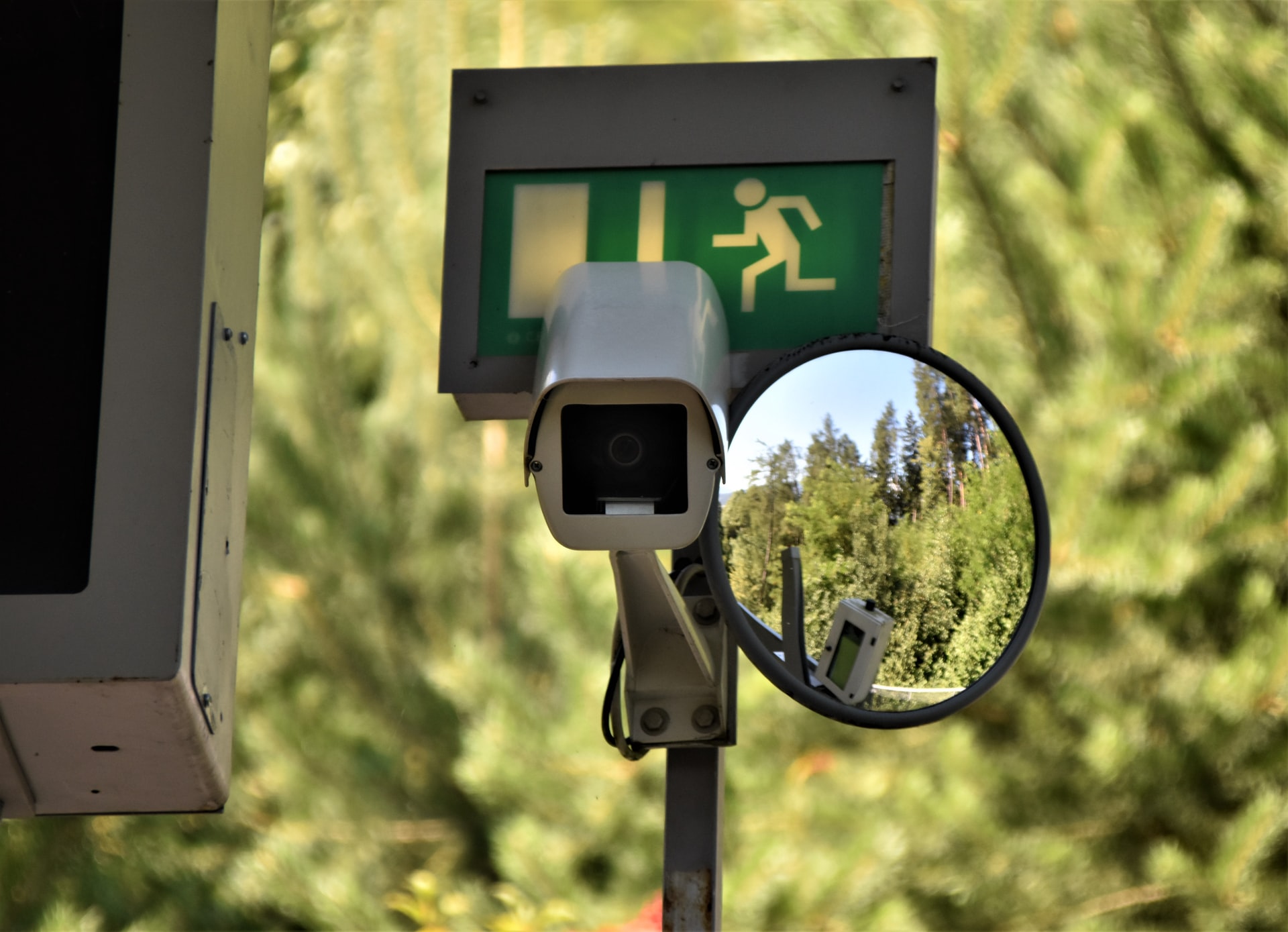The decision to work as a bodyguard is significant. You sign up for a lot of pressure and risk when you choose a vocation that requires you to be responsible for someone else’s safety and property. A profession in personal security, on the other hand, can be extremely gratifying and enrich other aspects of your life.
You’ll need to develop specific security company London abilities and character characteristics to be a successful and effective bodyguard. We’ll give you a general overview of these needs in this tutorial so you can decide if being a bodyguard is suited for you and, if so, how to make a solid plan.
The Advantages and Disadvantages of Being a Bodyguard
Personal security, like any other profession, has advantages and disadvantages, but they are more evident in this one. Let’s start with the positive aspects:
Benefits
Pay is (potentially) excellent: You may find it difficult to locate work that is both consistent and profitable when you first start out. If you stick with it, you could earn $50 to $100 per hour or more in a few years.
People who require protection usually have a lot to protect, so network with prominent people. Your clientele as a bodyguard are likely to be well-informed, well-connected individuals who will gladly offer you with a great recommendation if you perform well for them.
Develop practical skills: As a bodyguard, you will definitely develop confidence, physical conditioning, mental sharpness, discipline, and attention to detail, all of which will open many additional doors for you.
View the world: Many high-profile clientele relocate frequently. If you want to travel for free (albeit on the clock), a career in personal security is a terrific option.
Drawbacks
Danger: While certain personal security jobs are riskier than others, most of them involve some risk of bodily injury to your client—and thus to you.
Limited spare time: Competent, dependable bodyguards are hard to come by, so prepare to work long hours if you prove yourself to be one.
Little autonomy: As a bodyguard, you’ll have some autonomy in terms of deciding how best to get the job done once you’ve shown yourself. But, in a broader sense, you’ll spend a lot of time at someone else’s beck and call.
Compensation is low (at first): The median pay for bodyguards with less than five years of experience is roughly $64,000 per year, which is lower than it appears given that many work more than 40 hours per week.
Working in a high-pressure atmosphere can take a toll on your mental health over time, especially if you work for a client that is particularly high-risk.
 Excellent Bodyguard Characteristics and Skills
Excellent Bodyguard Characteristics and Skills
Top-tier personal security specialists possess a variety of advanced skills and personality qualities, some of which are largely self-taught and cultivated. At the very least, you’ll want to achieve and maintain:
Exceptional dependability: A professional bodyguard is known for arriving on time, every time, and for proactively and creatively solving problems that arise on the job.
Physical strength, endurance, and agility: You must be strong, flexible, and swift, as well as have a healthy cardiovascular system. Bodyguards can be people who are naturally tiny, slender, or not very muscular, but they must compensate for their lack of physical stature with outstanding martial skills. Consider learning how to train with a plate carrier to gain some strength.
Mental discipline: Physical fitness is crucial in this career, but mental discipline is much more so. At all times, bodyguards must be attentive and continuously monitoring for potential dangers or difficulties. You’ll also need to work on fighting boredom and complacency, two of the most difficult and hazardous problems that bodyguards face.
Clear communication: You must be able to communicate verbally with your clients and fellow security experts swiftly and clearly. It is critical that everyone in your team is aware of what is going on at all times. Misunderstandings are unacceptable, especially during an active threat scenario.
Integrity and dependability: Your clients and coworkers must trust that you will always operate in good faith and keep your promises. Of course, the only way to convince them of this is over time.
As a security specialist, your goal is to ensure that your client’s person and property are protected. To do so, you’ll need to be able to make smart decisions swiftly and decisively without second-guessing yourself – often with less knowledge than you’d want. In your interactions with others, you’ll also need to convey authority and expertise.
Additional Requirements
Bodyguarding requirements differ by state, country, and sometimes even employer. Verifiable armed or unarmed combat skills, CPR and basic first aid training, or completion of a licensed bodyguard training program are all possible examples. Any bodyguard who is on duty with a weapon must meet location-specific license and training requirements, which are usually “basic minimum” requirements. Employers frequently demand that you demonstrate competency or qualification beyond what your city, state, or country requires.
Sophisticated medical expertise, military or law enforcement experience, or advanced personal security training are rarely required, but they will undoubtedly help your résumé rise to the top of the pile in an industry where less qualified candidates are the norm.
Locating Customers
So you’ve spent two years training in Krav Maga, obtained all of the necessary licenses and certifications, and checked all of the other boxes. What’s next?
Many personal security experts believe that laying the groundwork is the easiest part. When it comes to finding someone to hire you, you have two options: work for an agency or go it alone, either as a freelancer or as the creator of your own personal security service.
The first choice will be more easier and more realistic for the large majority of new bodyguards. Successfully marketing yourself is a completely other skill set and a significant task. Prospective clients are unfamiliar with you and are unlikely to trust you (for no personal reason), but they are familiar with and trust established agencies that have delivered exceptional service for many years. Some of these organizations may even provide you more training and networking opportunities on top of what you already have.
Of course, the services of an agency are not free. They must pay their bills, which means your salary will be lower than if you worked directly for the client. Even said, the tremendous amount of work you won’t have to perform to obtain your first few clients will almost certainly outweigh the disadvantages.
Freelancing or starting your own business will be lot easier after you have a few years of on-the-job experience under your belt, and prospective clients will be more likely to perceive you as a serious and qualified professional. You’ll also have some contacts among other personal security specialists by then, who may be able to suggest you to new clients.
